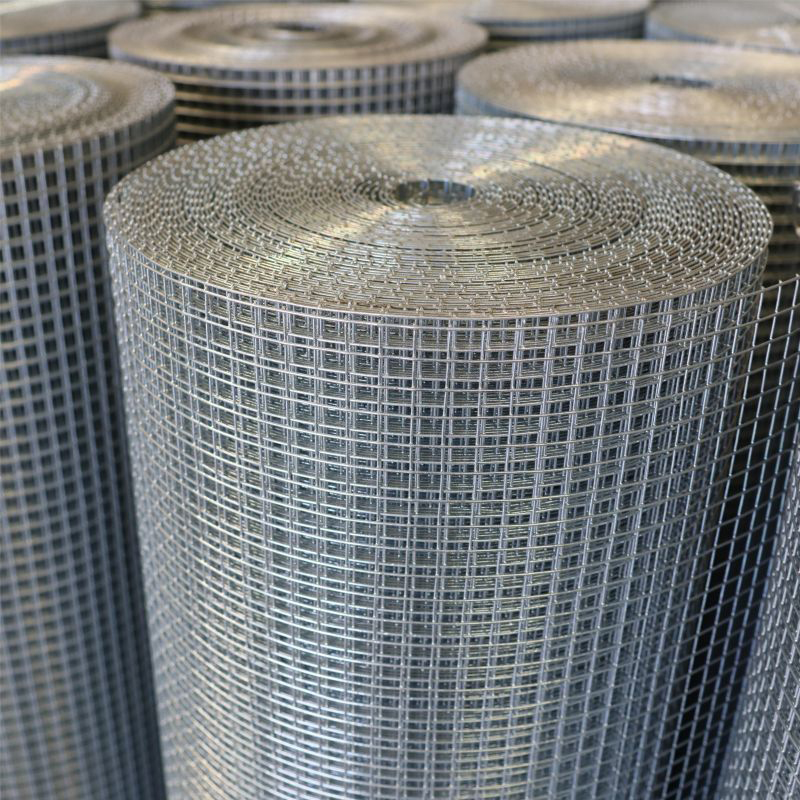poles for chicken wire
The Versatility of Poles for Chicken Wire A Guide to Poultry Fencing
When it comes to raising chickens, one of the most essential components you will need is a sturdy and effective fencing system. Chicken wire is a popular choice among poultry enthusiasts due to its affordability and ease of installation. However, to maximize the effectiveness of chicken wire, selecting the right poles is crucial. In this article, we will explore the various types of poles suitable for chicken wire fencing, their advantages, and tips on how to install them effectively.
Understanding Chicken Wire Fencing
Chicken wire, also known as poultry netting, is a mesh made from galvanized steel or plastic that is designed to keep chickens contained while allowing them to breathe fresh air and see their surroundings. While chicken wire itself is vital for creating a secure environment, poles play an equally important role in providing structure and support to the fencing. The right kind of poles can enhance the longevity of your chicken wire fence, ensuring that it remains upright and effective against potential predators.
Types of Poles for Chicken Wire Fencing
1. Wooden Poles Wooden poles are a traditional choice for chicken wire fencing due to their natural aesthetics and availability. They can be easily sourced from local lumber yards and are relatively inexpensive. Cedar or pressure-treated wood is recommended for its resistance to rot. However, wooden poles may require maintenance over time, such as treating with wood preservatives to prolong their life.
2. Metal Poles Metal poles, typically made from galvanized steel or aluminum, offer excellent strength and durability. They are less prone to warping or rotting compared to wood, making them a long-lasting option. The installation of metal poles may require specific tools, such as a post driver or concrete, to ensure stability. These poles are particularly beneficial in areas prone to harsh weather conditions or heavy winds.
3. PVC Poles For those seeking a lightweight and easy-to-install option, PVC poles are an excellent choice. They are resistant to weathering and do not require any maintenance. However, they may not provide the same level of stability as wooden or metal poles, particularly in high winds. It is crucial to ensure that PVC poles are adequately secured in the ground, perhaps by using additional supports.
Advantages of Using the Right Poles
Choosing the appropriate poles for your chicken wire offers several benefits
poles for chicken wire

- Stability Well-chosen poles provide the necessary support for the fencing, preventing sagging or collapsing. This is critical not only for containing chickens but also for deterring predators. - Longevity Durable materials such as metal and treated wood are less susceptible to the elements, reducing the frequency of replacements. - Aesthetics Poles can contribute to the overall appearance of your poultry area. Wooden poles can blend naturally into a yard, while metal poles can provide a modern look.
Tips for Installation
1. Plan your layout Before setting poles, outline the design of your chicken coop and run. Consider the area’s terrain, as flat ground is ideal but slight inclines can be managed with proper planning.
2. Spacing Position poles no more than 6 to 8 feet apart to ensure that the chicken wire remains taut and secure.
3. Depth For stability, poles should be buried at least 1/3 of their length in the ground. For example, if you are using 6-foot poles, aim for at least 2 feet in the ground.
4. Top Rail Adding a top rail (a horizontal support bar along the top of the poles) can help maintain the integrity of the chicken wire, especially if it’s subjected to heavy forces from birds or animals.
5. Secure the Wire Make sure to use staples or wire ties to attach the chicken wire firmly to the poles. This prevents any sagging and keeps the fencing system secure.
Conclusion
In summary, the choice of poles for chicken wire fencing can greatly affect the effectiveness and longevity of your poultry enclosure. By understanding the various types available—wooden, metal, or PVC—you can select the best option for your specific needs. Proper installation and maintenance will ensure that your chickens remain safe and secure, allowing you to enjoy the many benefits of raising these delightful birds. Whether for hobby or farming, a well-fenced area contributes to a thriving poultry environment.
-
Weather Resistance of Woven Wire and Chicken Wire Fencing MaterialsNewsJun.05,2025
-
Umbrella Nails Innovations in Roofing Fasteners for Wind ResistanceNewsJun.05,2025
-
Modern Barbed Wire Fence Designs for Perimeter ProtectionNewsJun.05,2025
-
How Iron Nail Wire Enhances Nail Strength and Installation EfficiencyNewsJun.05,2025
-
High-Security Razor Fence Solutions for Perimeter ProtectionNewsJun.05,2025
-
Durable Wire Netting Fence Solutions for Animal EnclosuresNewsJun.05,2025




